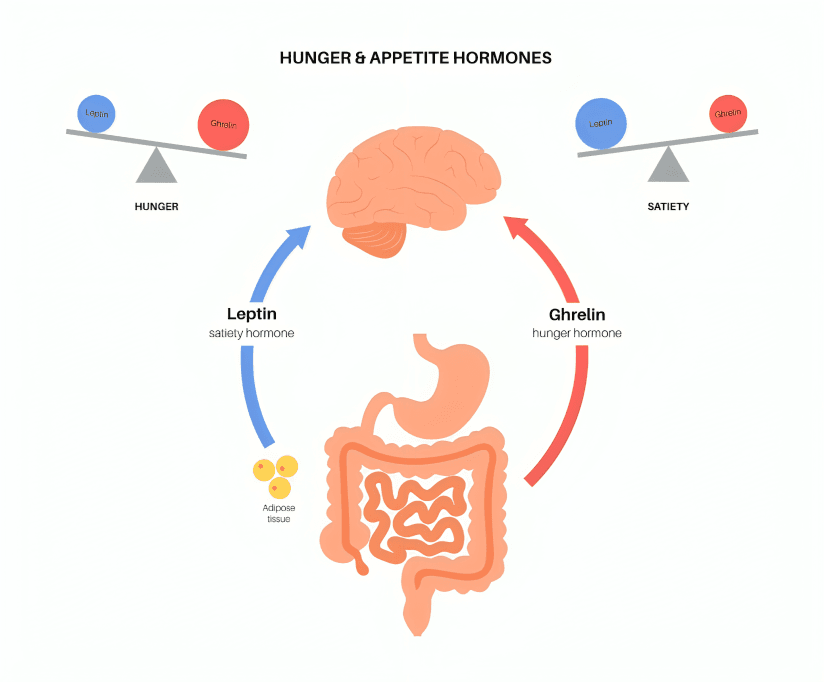
“
Chronic stress and digestive health are closely intertwined. When stress becomes long-term, it can disrupt essential digestive functions by affecting nerves, hormones, and gut bacteria. The stress response redirects energy from digestion, reducing its efficiency. This leads to a variety of gastrointestinal symptoms such as pain, bloating, constipation, or diarrhea. 1
1
”
Philosophers and doctors have long suggested that mental strain influences physical health, including digestion, by disturbing the natural flow of internal energy and reducing harmony in bodily systems. 1
Chronic stress changes how the digestive system works by altering hormone levels and slowing down the digestive muscles, often causing constipation or uncomfortable feelings after meals. 2

When you’re under constant stress, the body may produce less stomach acid, making it harder to digest food and increasing the chance of indigestion and poor nutrient absorption.
Stress can increase intestinal permeability, letting unwanted substances escape the gut and enter the bloodstream, potentially triggering inflammation and other digestive complications. 3
The brain and gut constantly communicate, and stress interferes with this connection, resulting in irregular bowel habits and unpredictable digestive symptoms. 4
People under stress often change their eating habits, either skipping meals or overeating, both of which disturb normal digestive function and gut balance. 5
Chronic anxiety and worry may lead to or worsen acid reflux by weakening the valve between the stomach and esophagus, allowing stomach acid to rise up. 6
Stress can impact how the body breaks down fats by disturbing bile flow, which may result in greasy stools, bloating, or abdominal discomfort after fatty meals. 7
Prolonged stress may change the composition of gut bacteria by lowering healthy microbes and encouraging the growth of harmful ones, affecting digestion and immunity. 8

The muscles in the digestive tract can become more tense under stress, leading to sharp pain or irregular contractions, which interfere with proper digestion.
Stress hormones can reduce the production of important digestive enzymes, leading to incomplete digestion of food and resulting in gas, bloating, or nutrient issues. 9
People experiencing long-term stress often complain of alternating diarrhea and constipation, showing how deeply stress influences bowel rhythm and consistency. 10
Chronic stress weakens immune protection in the gut, increasing the chances of infections or inflammation that interfere with digestion and cause long-term issues. 11
The digestive system relies on regular sleep, and since stress disrupts sleep patterns, it indirectly leads to digestive complaints like irregular bowel movements or cramps. 12

Hormones released during stress, like cortisol, can change hunger signals, leading to unpredictable eating patterns and disturbances in the digestive process.
People with stress often report food intolerances that seem unrelated to allergies, possibly due to heightened sensitivity or gut barrier problems from stress. 13
High stress can make individuals more sensitive to gas buildup, minor bloating, or natural gut movement, causing exaggerated feelings of fullness or discomfort. 14
Stress encourages bad habits like smoking, caffeine, or alcohol use, which further irritate the digestive system and contribute to stomach pain or heartburn. 15
Practicing deep breathing, yoga, or other stress-relief techniques can help regulate digestion by calming the nervous system and supporting healthy gut activity. 16
Many ancient health practices emphasized emotional balance to maintain good digestion, and modern doctors also recognize that reducing stress supports long-term digestive health. 17


